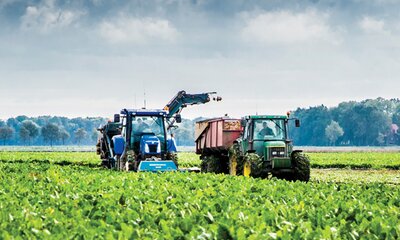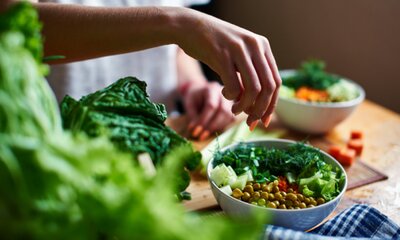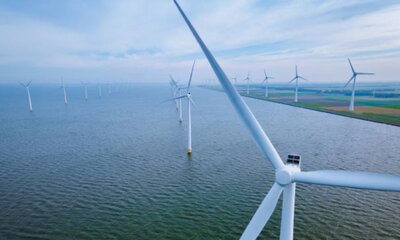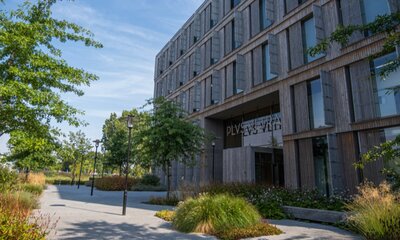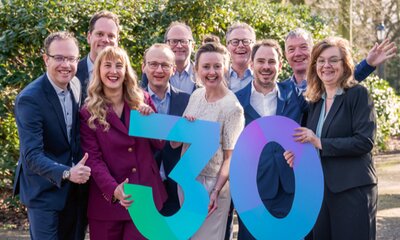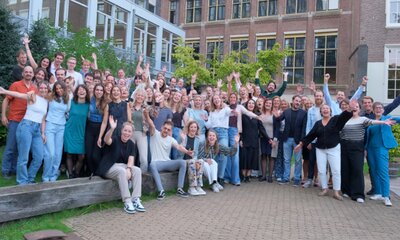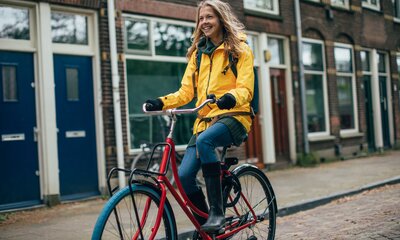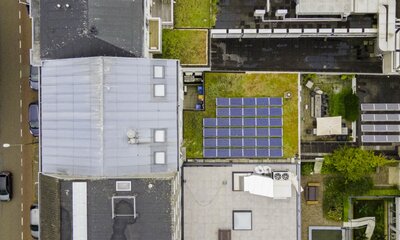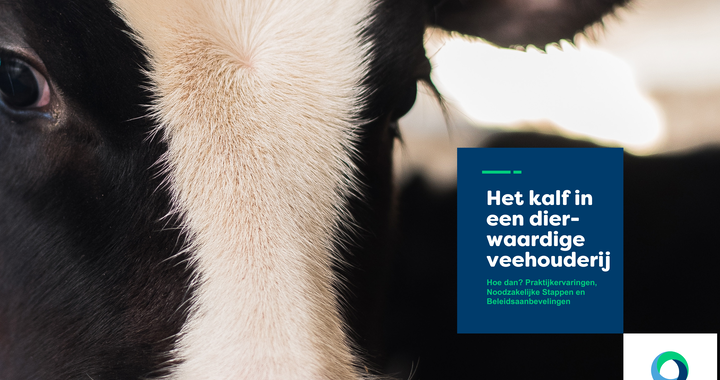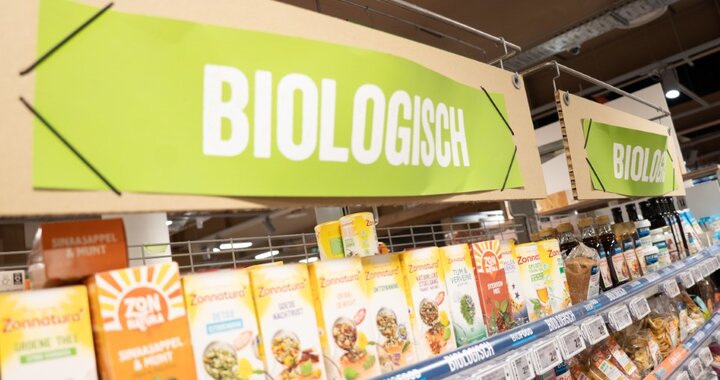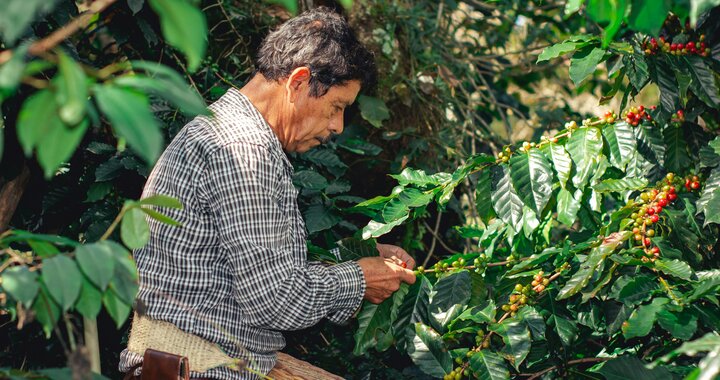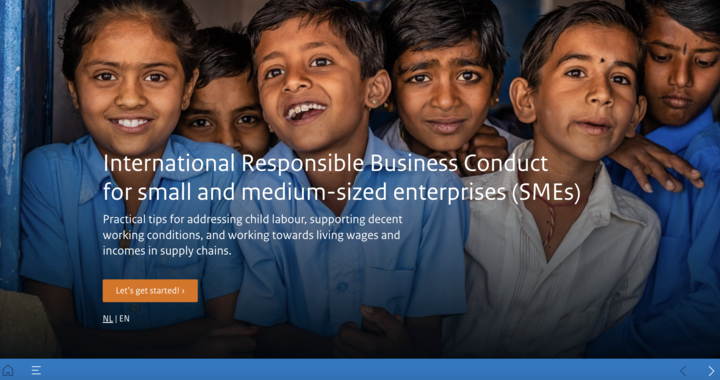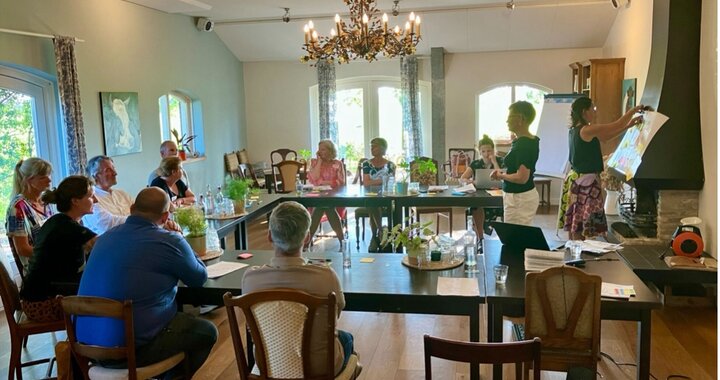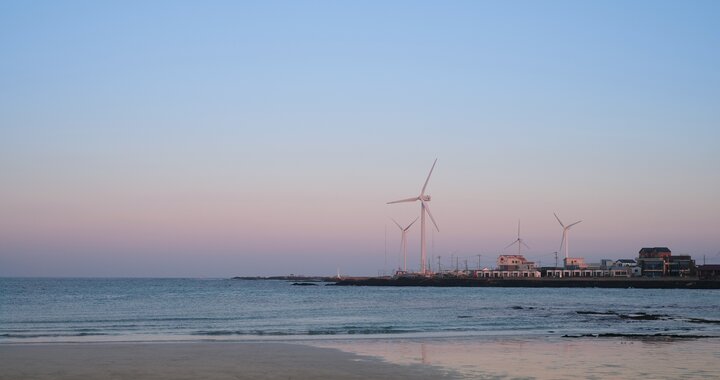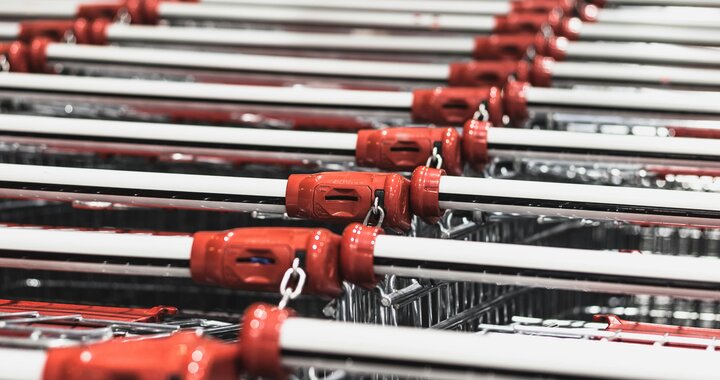Scope
SmartAgriHubs, a Horizon 2020 project dedicated to building a network of digital innovation hubs across Europe, ended last September. The SmartAgriHubs Gender Taskforce is a crucial part of its legacy: building on success and lessons learnt, several stakeholders are now launching GAIA – the Gender Alliance for Innovation in Agriculture. In the current geopolitical context and climate emergency, change in the agri-food sector is needed more than ever.
In order to support the digitalization of the European agriculture sector, we need a diversity of innovators to provide new and creative solutions. New farming technologies mark the beginning of a new generation of farmers – practising a more efficient, more sustainable agriculture, involving less physical labour. As we are facing challenges linked to generational renewal, we need to empower this new generation of highly qualified young farmers to bring the full benefits of technology.
Women farm holders have significantly smaller farms than men farm holders. Moreover, the share of female farm holders is particularly high on farms with no clear specialisation in livestock rearing or crop production. 71% of livestock farms in the EU are run by male farm holders, and only 27% by female farm holders (the remainder belongs to legal persons). In 2013, women represented 24% of EU farm holders in organic farming, and they occupied 13% of the EU area devoted to organic farming.
The United Nations dedicated the 2023 International Women’s Day to the theme “DigitALL: Innovation and technology for gender equality”. Today, a persistent gender gap in digital access keeps women from unlocking technology’s full potential. According to the report Women in the digital age’ published by the European Commission, only 24 out of every 1000 female tertiary graduates have an ICT-related subject, of which only 6 go on to work in the digital sector.
Our next steps
Over the past 4 years, the Gender Taskforce of SmartAgriHubs gathered a wide variety of actors: start-ups, universities, and members of international organizations. The Taskforce’s popularity highlighted the need for more structural support.
With GAIA, former members of the Taskforce are aiming at proposing a long-term structure, which could support other European projects but also organizations in the private and public sectors, in their efforts to support more gender equality in the agri-tech sector.
GAIA will keep the strong analysis and communication from the Taskforce at its core while expanding to other crucial services such as mentorship, investor matchmaking, policy briefing and analysis. An alliance is only as strong as its members – interested in making an impact? Contact us!
